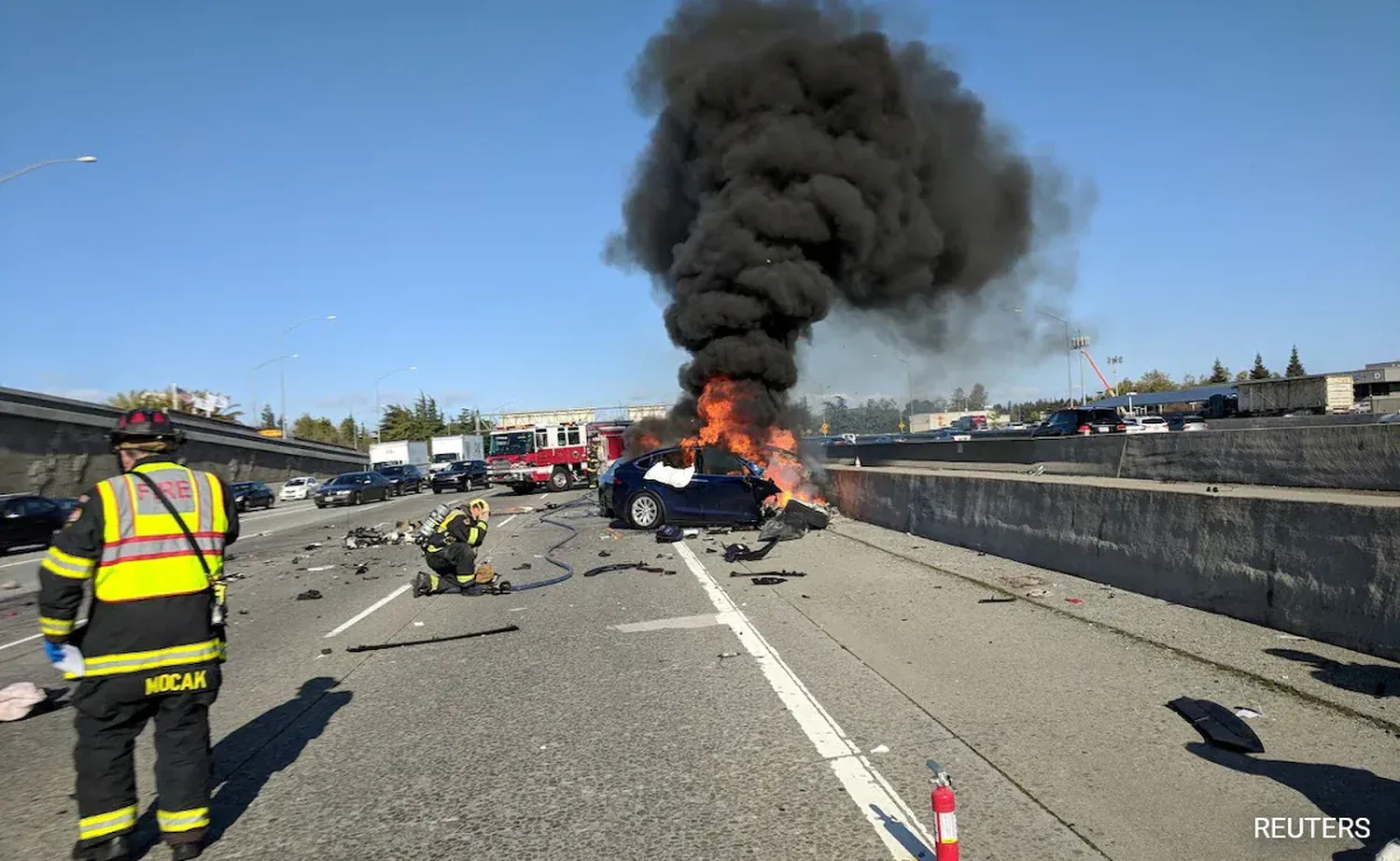Autopilot Lawsuit
Lawsuit Settled Over Autopilot Crash That Killed Apple Engineer
Tesla, the electric vehicle and clean energy company, has reached a settlement in a lawsuit over a fatal crash involving its Autopilot system. The crash, which occurred in 2018, resulted in the death of Walter Huang, an Apple engineer. The settlement, announced in court filings, comes just as jury selection was scheduled to begin, averting a trial that would have put Tesla's self-driving technology under intense scrutiny.
Walter Huang was killed when his Tesla Model X, operating on Autopilot, veered out of a highway lane and collided with a concrete median in Silicon Valley. Following the tragic incident, Huang's family filed a wrongful death lawsuit against Tesla in 2019. They alleged that the vehicle's automated driving features were defective and accused Tesla of making exaggerated claims about the safety and capabilities of its Autopilot system.
The lawsuit argued that Huang had placed his trust in Tesla's frequent assertions that its vehicles are "safer than a human-operated vehicle" due to their advanced autopilot features. However, the family contended that at the time of the crash, the Model X lacked effective anti-collision systems that were widely available from other automakers. A National Transportation Safety Board (NTSB) investigation into the crash found that the Model X veered toward the barrier due to "system limitations" and was not designed to detect the obstacle. The investigation also noted that Huang was likely distracted by a cell phone game at the time of the crash, which may have prevented him from taking corrective action.
Tesla has consistently argued that the crash was caused by Huang's "misuse" of the Autopilot features. The company has emphasized that drivers are reminded they need to remain attentive and maintain control of the vehicle, even when assistive technology is engaged. Tesla maintains that its Autopilot feature is not synonymous with a fully autonomous driving system and requires a "fully attentive driver" at all times.
The terms of the settlement between Tesla and Huang's family have not been disclosed. The resolution of this case comes at a critical time for Tesla, which has faced significant scrutiny over the safety of its Autopilot and Full Self-Driving technologies. There have been numerous reports of crashes involving Tesla vehicles operating on Autopilot, some of which have been fatal. Critics argue that some Tesla owners may have developed an overreliance on the Autopilot system, mistakenly believing it allows them to divert their attention away from the road.
In response to safety concerns, Tesla recalled some 2 million vehicles last year to update their software, providing drivers with clearer reminders to remain vigilant while Autopilot is engaged. The company has also faced investigations by regulatory bodies, including the Securities and Exchange Commission, over whether it made misleading safety claims to investors.
Despite these challenges, Tesla continues to advance its self-driving technology. CEO Elon Musk recently announced plans to unveil a "robotaxi" in August, reaffirming his commitment to achieving fully autonomous vehicles. However, the settlement of the lawsuit over Huang's death serves as a reminder of the complexities and potential risks associated with the development and deployment of autonomous driving systems. As Tesla and other companies continue to push the boundaries of this technology, ensuring the safety of all road users remains paramount.

